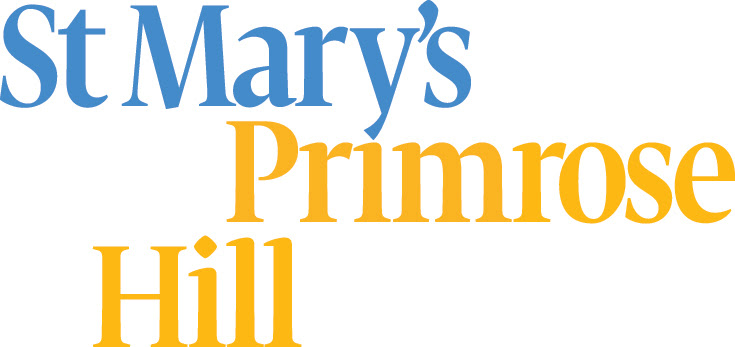SERMON FOR THE 3RD SUNDAY AFTER TRINITY 2020 - slavery
By Miriam Rinsler
Before I talk about today’s readings, a personal note. Many of you know that this is my last Sunday at St. Mary’s before I start my curacy at St. Mary’s Hendon with Christ Church. I won’t know how much I will miss you all until the missing starts, but I know it will be a lot. This is the place where I have learned to be a Christian, so it will always be my home. I do think we’ll be back - certainly for occasional services, but eventually, I hope, for good. I can truthfully say that every one here has given me something, and there are too many thanks to detail, but I would just like to thank Marjorie. She has been a shining example of how to be a Christian, a priest, and a woman of the church, and has been a constant support to me in my journey through becoming a Reader to now being (eventually) ordained. Thank you so much, Marjorie.
✠ As those who have been brought from death to life, let us present ourselves to God - Father, Son and Holy Spirit - Amen.
In the last few weeks, the Black Lives Matter movement has reminded me forcefully of a time at school when I took a book out of the library to write something about slavery. I can still see the pictures, one of a shackled man which I copied for my essay, and one of the layout of a slave ship. I’d heard the word “slavery”, I knew it was wrong, but I just had no idea what had really gone on. Later in life I learned how slavery had been a mainstay of capitalism as we know it. How it hasn’t really gone away. It sickens me. One of the things that remained from the book I read all those years ago, though, was the way slaves were told from the pulpit that this was how things were meant to be.
So what must they have felt when they heard this passage from Paul? If my stomach turns over at the idea of being enslaved to God, what on earth must that sound like to one who is really enslaved, and been told that is how they should be?
I don’t have time to go into the culpability of the church, nor how that has been a feature as recently as the treatment of Windrush people arriving at Anglican churches. I do see that what Paul is talking about is a kind of slavery which affected the oppressors more than the slaves themselves. They were slaves to evil: certainly those who sold or deployed slaves, but also those who benefited unintentionally from the structures which allowed prosperity to rise on the backs of slaves and the poor. In this sense, we are slaves still, for it is truly difficult to separate ourselves from the operation of finance and culture in which we live, in which discrimination and some aspects of slavery persist.
But. To claim as some BAME spokespersons seem to do, that someone like me can never not be the white oppressor, that I will always be the enemy, unteachable, unredeemable - no Christian can think this. There has to be, there is, hope for us all. Jesus tells us: “whoever gives even a cup of cold water to one of these little ones... truly I tell you, none of these will lose their reward.” There is a difference between trying to be part of the solution and not. There is a difference between a heart for the oppressed and not. When we renew our baptism vows, we reject evil, and turn to Christ. We choose where we give our obedience, our hearts. Those are not empty words for me - every day is a minefield of discernment as to what that means and how to live it. I became a teacher to help level the playing field. As a priest, I will be there for all God’s children, and labour to understand and be understood. What we intend does matter.
Finally, from the way my neighbours - of all colours - have reacted to lockdown, I know there is hope. This is not just woolly liberalism: there is far more we share than the history which could drive us apart, and as people get busier the sense of neighbourliness has not gone away. There are tough times ahead, because our prosperity is going to take a real hit from the Covid crisis. We will need that neighbourliness, we’ll need to find ways to offer cups of cold water, and much more. Our communities have been learning how to bring that word - community - from death to life. Let’s continue to pray, and present this life to God, for his help to sustain it in the months and years ahead.
Amen.
